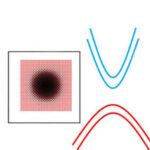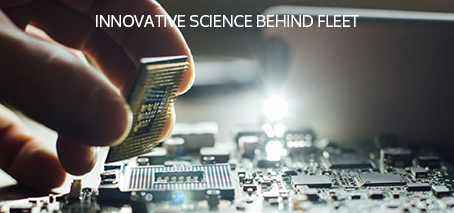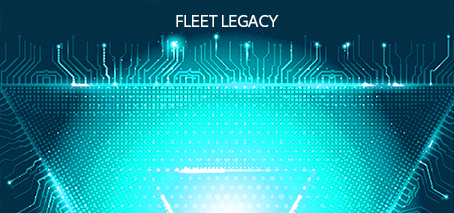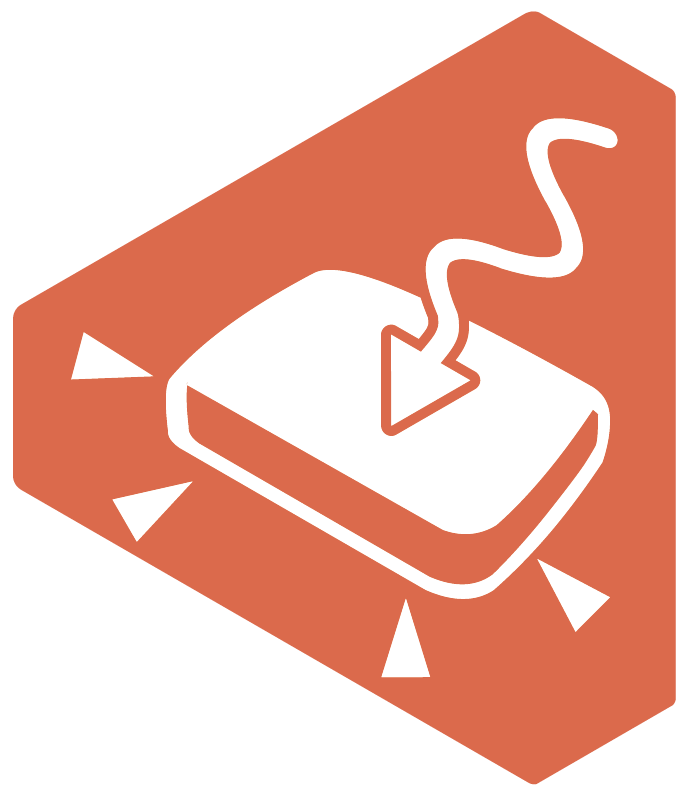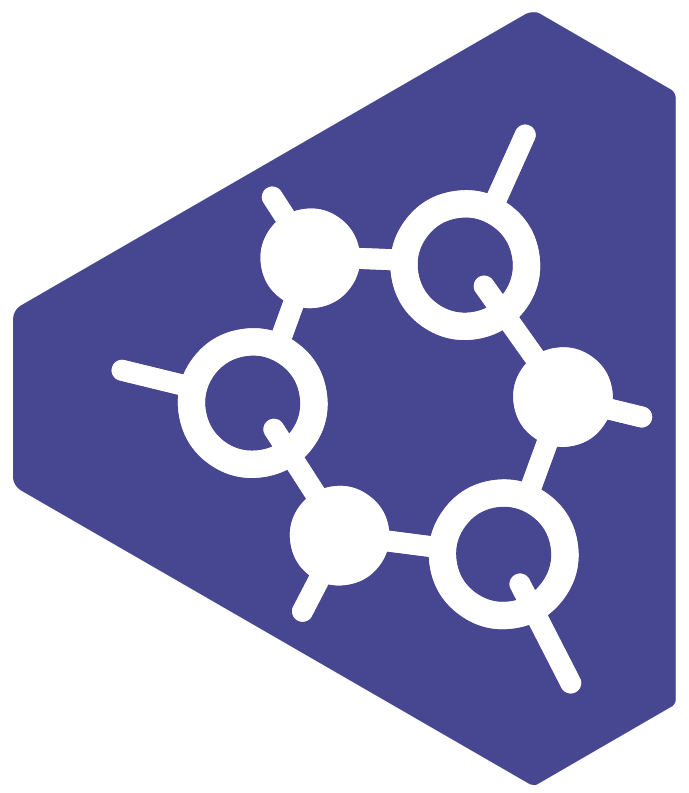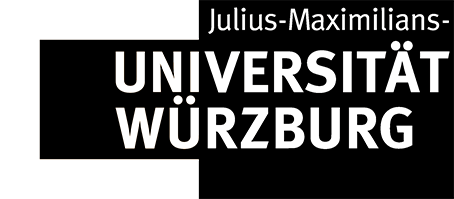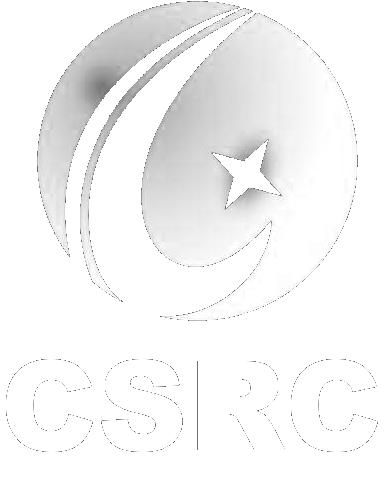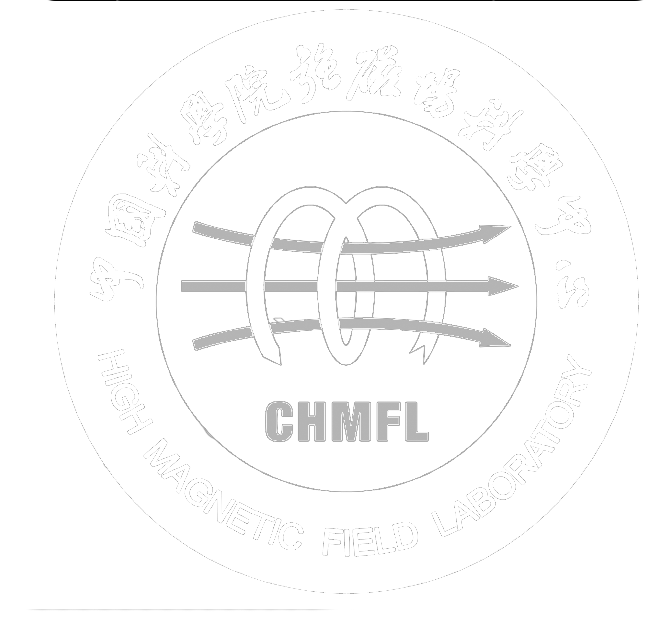Innovate
FLEET is pursuing the following research themes to develop systems in which electrical current can flow with near-zero resistance:
The above approaches are enabled by the following technologies:
News
Topological insulators raise the exciting the hope of realising lossless energy transport, which is true at ultralow temperatures. However, topological insulators fail to maintain this lossless ‘magic’ at room temperature. Researchers from Monash University, part of the FLEET Centre, have uncovered new insights into the efficiency of topological insulators, illuminating the significant disparity between their magic lossless energy transport at …
Researchers from Monash University, part of the FLEET Centre, have revealed a generic approach towards intrinsic magnetic second-order topological insulators. These materials are crucial for advancements in spintronics, an emerging field aiming at using spin degree of freedom to deliver information. Background Two-dimensional ferromagnetic semiconductors, such as CrI3, Cr2Ge2Te6, and VI3, have been extensively studied in recent years. These materials …
Overcoming magnetic disorder is key to exploiting the unique properties of QAH insulators. The Monash-led team demonstrated that the breakdown in topological protection is caused by magnetic disorder, explaining previous observations that topological protection could be restored by application of stabilising magnetic fields. “The study paves a clear research pathway towards use of MTIs in low-energy topological electronics,” says …
The Challenge
FLEET addresses a grand challenge: reducing the energy used in information technology, which now accounts for 8% of the electricity use on Earth, and is doubling every 10 years.
The current, silicon-based technology will stop becoming more efficient in the next decade as Moore’s law comes to an end.
FLEET is the ARC Centre of Excellence in Future Low-Energy Electronics Technologies
The Fleet Approach
FLEET will meet this challenge by realising new types of electronic conduction without resistance in solid-state systems at room temperature. These concepts will form the basis of new types of switching devices (transistors) with vastly lower energy consumption per computation than silicon CMOS. Electronic conduction without resistance will be realised in topological insulators that conduct only along their edges, and in semiconductors that support superflow of electrons strongly coupled to photons. These pathways are enabled by the new science of atomically thin materials.
FLEET places Australia at the forefront of the new scientific fields of topological electronics, atomically thin materials, exciton condensates, and non-equilibrium phenomena. The Centre will build capacity in Australia for advanced electronics research, and train the workforce for the electronics industry of the future.
The Fleet Network
FLEET connects 20 chief investigators from seven participating organisations around Australia and 25 partner investigators from 18 organisations internationally. The current FLEET team is highly interdisciplinary with high-profile researchers from atomic physics, condensed matter physics, materials science, electronics, nanofabrication and atomically thin materials. With over $40M investment from the Australian Research Council and contributing organisations including the NSW Department of Industry, Skills & Regional Development, FLEET is poised to make significant global impact in the electronics and energy sectors.
FLEET operates on the lands of the Wurundjeri and Bunurong people of the Kulin nations (of the Melbourne region), the Gadigal people of the Eora Nation (Sydney), the Dharawal people (Wollongong), the Ngunnawal and Ngambri people (Canberra), and the Turrbal and Yugara people (Brisbane).



